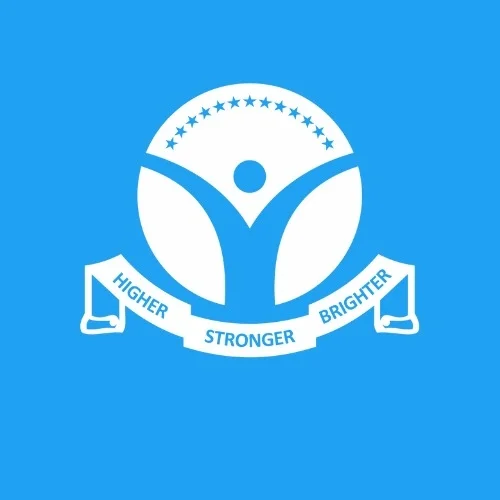Discipline is a cornerstone of personal and academic success. In schools, it forms the backbone of productive classrooms, respectful behavior, and student achievement. While rules and academic routines play their part, few tools are as effective in building discipline as sports. Incorporating sports activities in schools naturally instills discipline in students, shaping not just their behavior on the field, but also their attitudes and actions in everyday school life.
Developing Consistency Through Training and Practice
Sports demand regular practice and a structured routine. Students who engage in sports quickly learn the value of showing up consistently, being prepared, and putting in focused effort day after day. This habit of showing up on time for practice, committing to drills, and working steadily toward improvement translates into classroom behavior as well. They begin to understand that progress—whether physical or academic—requires dedication and routine.
Teaching Respect for Rules and Authority
Every sport is governed by rules, and respecting them is non-negotiable. Students must learn and follow guidelines, listen to coaches and referees, and accept their decisions, even if they disagree. This exposure to structure teaches students that authority and order are necessary for fair play and progress. As a result, students become more receptive to school rules, classroom expectations, and teacher guidance, contributing to a more respectful and disciplined school environment.
Promoting Self-Control and Patience
Sports often involve moments of intense pressure and emotion. Learning to stay calm during a tense match or manage disappointment after a loss fosters emotional discipline. Students understand the importance of keeping their temper in check, focusing on performance, and staying composed. These experiences enhance their ability to manage impulsive behavior in class, remain focused during lessons, and respond to setbacks with maturity.
Encouraging Goal Setting and Persistence
Discipline thrives in an environment where clear goals are set and pursued. In sports, students are constantly working toward targets—improving their time, mastering a skill, or winning a competition. The process involves setting objectives, practicing diligently, and staying motivated despite challenges. When students apply this goal-oriented mindset to academics, they become more driven, resilient, and organized in their studies.
Creating Accountability and Ownership
Team sports, in particular, emphasize that each player's performance affects the entire group. Students learn to take ownership of their responsibilities, understanding that skipping practice or not giving full effort has consequences beyond just themselves. This accountability nurtures a sense of duty and self-respect. In the classroom, these same students often demonstrate stronger responsibility for their assignments, deadlines, and behavior.
Reducing Behavioral Problems Through Structured Outlets
Many behavioral issues in schools stem from restlessness, lack of structure, or inability to manage energy. Sports offer a structured and productive outlet for physical energy and emotional expression. Students who participate in regular sports activities are often more focused, less aggressive, and better at managing frustration. This structured engagement significantly reduces disciplinary issues, improving overall classroom conduct.
Building Focus and Mental Endurance
Discipline isn't just about behavior; it's also about mental stamina—the ability to concentrate and stay engaged over time. Sports require sustained focus, especially during long matches or demanding training sessions. Students practice tuning out distractions and staying mentally present. This skill benefits academic tasks that require concentration, such as exams or complex assignments. Over time, these students build a strong foundation of mental discipline.
Reinforcing the Value of Effort Over Outcome
In sports, students learn that success is earned through effort, not entitlement. Not every practice ends in success, and not every game ends in victory. But through repeated effort, students see growth and improvement. This process teaches them to value hard work, persistence, and steady effort—qualities that define true discipline. In school, they carry this understanding into their studies, approaching learning as a process that rewards consistency and commitment.
Fostering Leadership with Discipline at Its Core
Leadership roles in sports—such as team captains—require students to model disciplined behavior. These students lead by example, follow rules diligently, encourage teammates, and maintain a positive attitude. Their leadership is grounded in self-control and consistency. These lessons carry over into school councils, academic groups, and future leadership opportunities, reinforcing discipline as a fundamental leadership quality.
When schools make sports a regular part of the curriculum, they’re not just building athletes—they’re shaping disciplined individuals. Through structured training, respect for rules, emotional regulation, and a culture of accountability, sports activities in schools lay the groundwork for personal discipline that extends into every area of a student’s life. The result is a student body that is more focused, respectful, goal-oriented, and ready to take on the challenges of academic and personal growth.






